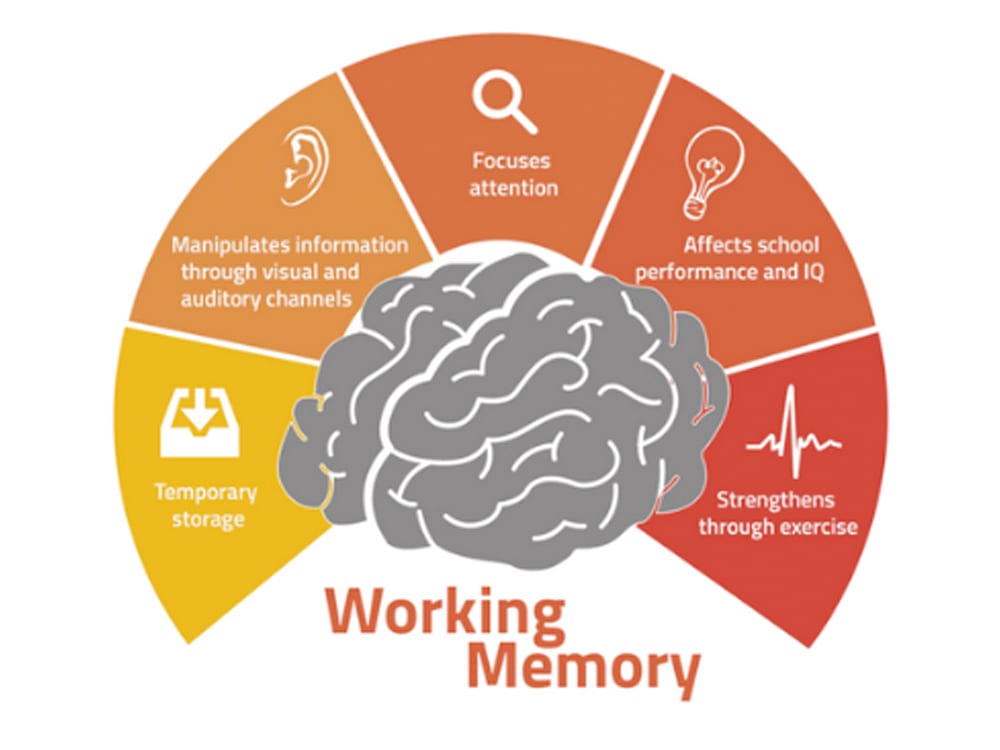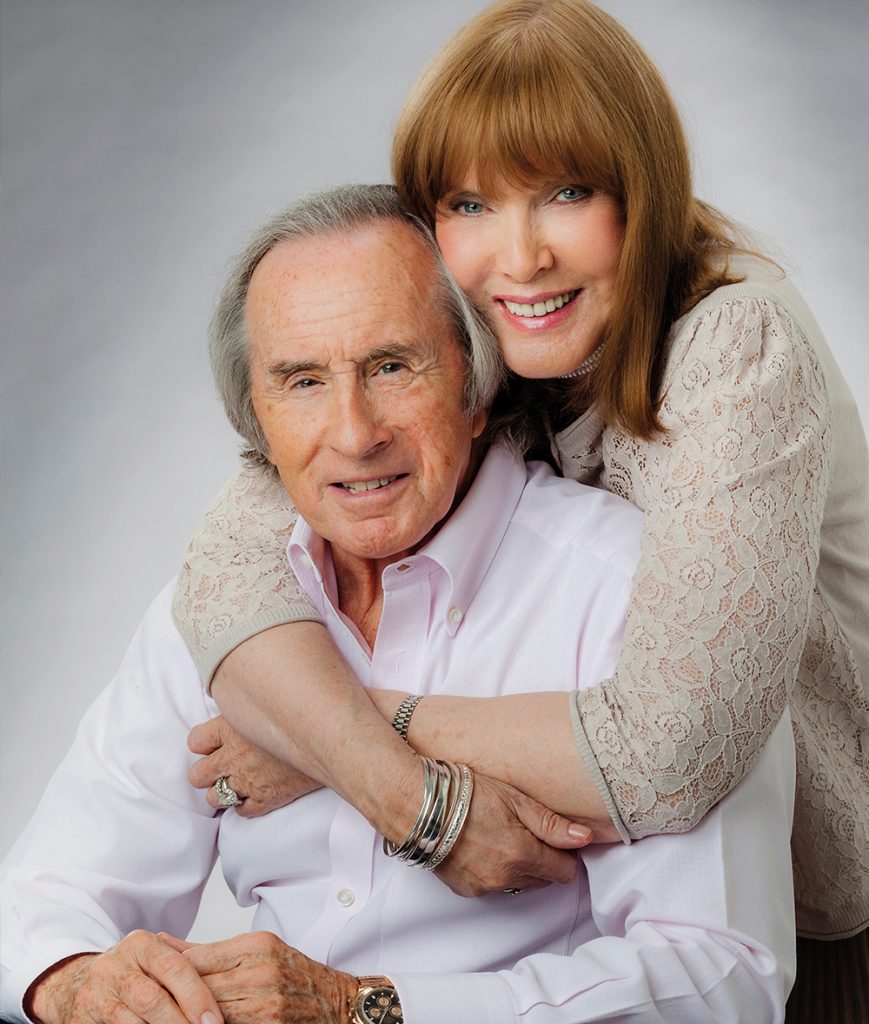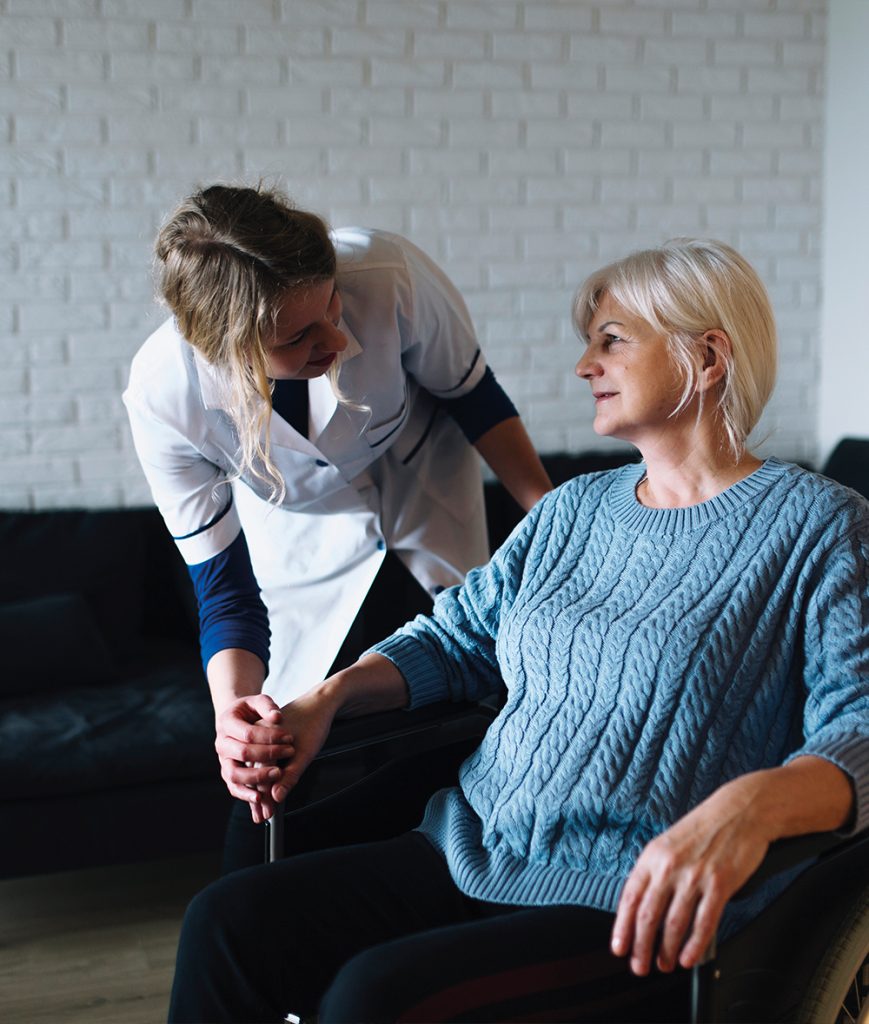Where did I put my keys? That’s just one of the issues the ATOM Society of Abingdon will be addressing at their fas cinating and informative talk this month, Victoria Framolina from the society explains more
Where did I put my keys? Who hasn’t felt the frustration of losing their keys soon after putting them down?
This is a common experience due to everyday lapses in attention and working memory – our ability to temporarily ‘hold things in mind’. We rely on working memory every day to hold things in mind, solve problems and to make sense of the continuous stream of perception.
During our October talk, Understanding the Components of Memory, we will talk about what working memory is, and give some examples of the important functions it serves in our everyday lives.
As we age, people often experience their memory getting worse. In clinical settings, we see many people who have no neurological issues, but report having much worse memory problems. We will discuss potential factors that might contribute to these lapses in attention and short-term memory and review some of the available assessments.

The speakers will be Rob Udale and Elitsa Slavkova.
Rob Udale is a Cognitive Psychologist with a PhD in Experimental Psychology. Rob uses behavioural experiments and computational modelling to understand human attention, memory, and visual cognition. He is currently working in Professor Masud Husain’s Cognitive Neurology lab at The University of Oxford.
Elitsa Slavkova is a Clinical Research Coordinator and Cognitive Behaviour Therapist. She has contributed to the research design and clinical implementation of a stroke-specific cognitive screen in the NHS, as well as conducting research with people with subjective and mild cognitive impairment and Alzheimer’s Disease.



















